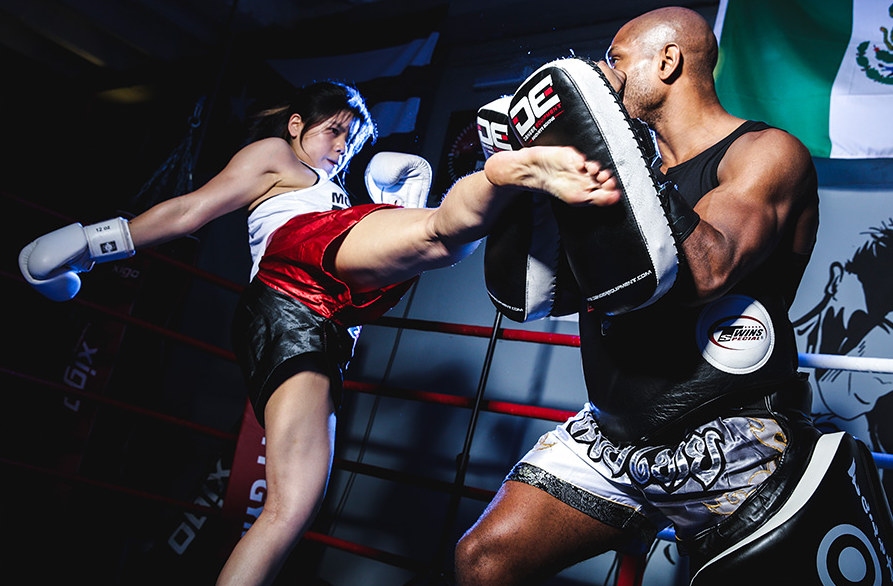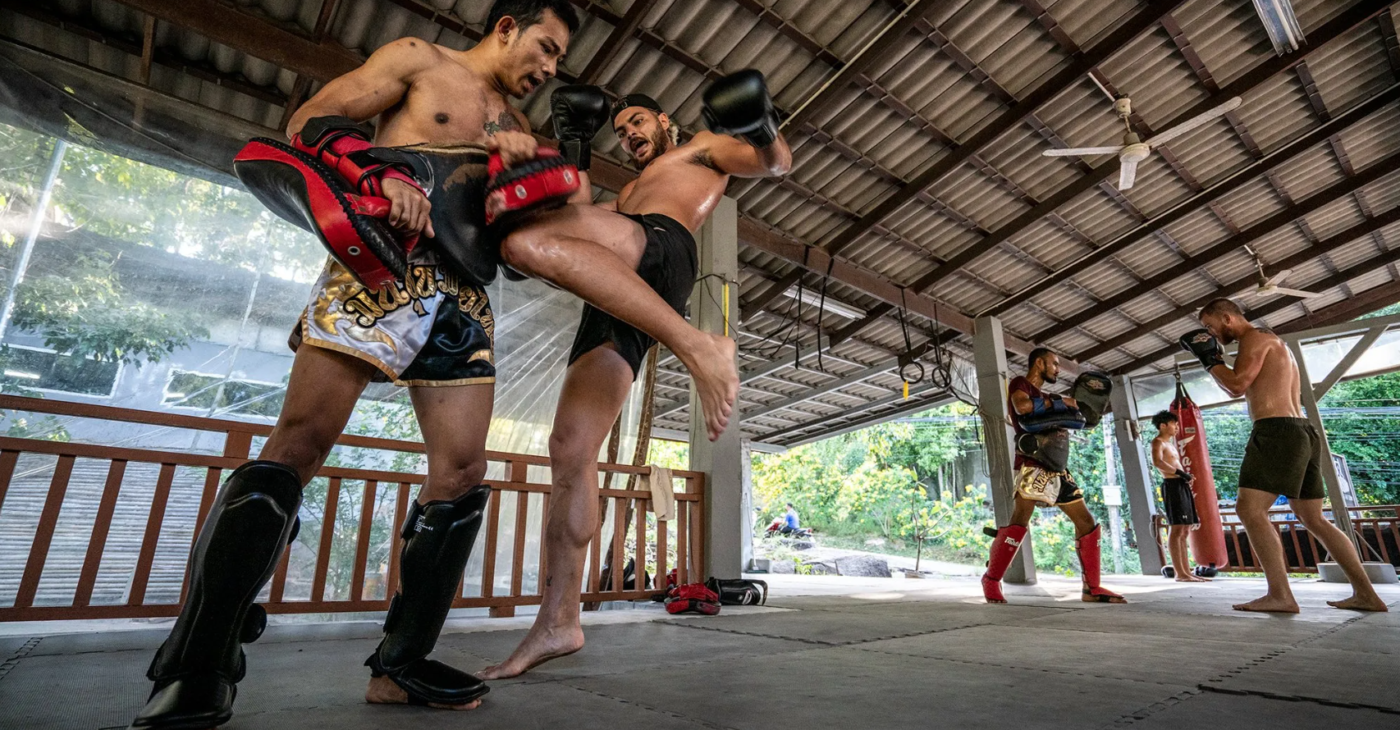Muay Thai Gym&Trainer
The Role of a Trainer in Muay Thai Gyms: What to Look For
Introduction
Joining a Muay Thai gym can be an exciting and rewarding experience. Whether you’re a beginner or an experienced fighter, the quality of your training largely depends on the expertise and approach of your trainer. A good Muay Thai trainer not only teaches you techniques but also motivates, corrects, and supports your development. In this article, we’ll explore the essential qualities to look for in a Muay Thai trainer to ensure you get the best training possible.
Understanding the Role of a Muay Thai Trainer
Expertise and Experience
One of the first things to look for in a Muay Thai trainer is their expertise and experience. A trainer with a solid background in Muay Thai, including years of training and fighting, brings invaluable insights to your training sessions. Their experience allows them to teach you authentic techniques, share fighting strategies, and prepare you for competitions effectively.
Technical Knowledge
A proficient Muay Thai trainer possesses in-depth technical knowledge of the sport. They should be well-versed in various techniques, such as strikes, clinching, and defensive maneuvers. A good trainer breaks down these techniques into understandable steps, ensuring you grasp the fundamentals before moving on to advanced skills.
Qualities to Look For in a Muay Thai Trainer
Communication Skills
Effective communication is crucial in a trainer. Look for someone who can explain techniques clearly, provide constructive feedback, and answer your questions patiently. Good communication ensures that you understand what is being taught and how to apply it correctly.
Motivational and Inspirational
A great trainer not only teaches but also inspires and motivates their students. They encourage you to push your limits, celebrate your progress, and help you overcome challenges. A motivated student is more likely to stay committed and achieve their goals.
Creating a Positive Training Environment
Supportive and Approachable
The best trainers are supportive and approachable, creating a positive and inclusive training environment. They treat all students with respect, regardless of their skill level, and foster a sense of camaraderie within the gym.
Attention to Safety
Safety is paramount in Muay Thai training. A responsible trainer prioritizes your safety by teaching proper techniques, enforcing rules, and ensuring that sparring sessions are controlled and safe. They should also educate you on injury prevention and recovery.
Training Methods and Approach
Personalized Training Plans
An effective Muay Thai trainer tailors their approach to meet your individual needs and goals. Whether you’re training for fitness, self-defense, or competition, they should create personalized training plans that align with your objectives and help you progress steadily.
Adaptability
The ability to adapt to different learning styles and paces is a valuable trait in a trainer. They should be flexible in their teaching methods, adjusting their approach to suit your unique strengths and areas for improvement.
Building a Strong Trainer-Student Relationship
Trust and Respect
Building a strong relationship based on trust and respect is crucial in Muay Thai training. A trainer who earns your trust creates a supportive environment where you feel comfortable to express concerns, ask questions, and make mistakes without fear of judgment.
Consistent Feedback
Regular and constructive feedback is essential for improvement. Look for a trainer who provides consistent feedback on your performance, highlighting areas for improvement and acknowledging your progress. This helps you stay on track and continuously enhance your skills.

Assessing a Trainer’s Track Record
Successful Students
A trainer’s track record can be assessed by looking at their students’ successes. Trainers who have guided students to achieve their goals, whether it’s winning competitions or mastering techniques, demonstrate their effectiveness and commitment to their students’ development.
Reputation and Reviews
Researching a trainer’s reputation and reading reviews from current and former students can provide valuable insights. Positive testimonials and high ratings often indicate a trainer’s competence and the quality of training you can expect.
Frequently Asked Questions
What qualifications should a Muay Thai trainer have?
A Muay Thai trainer should have extensive experience in training and competing in Muay Thai, along with relevant certifications and a proven track record of successful students.
How can I find a good Muay Thai gym?
Look for gyms with experienced trainers, positive reviews, a welcoming atmosphere, and a focus on safety and personalized training.
What is the importance of personalized training plans?
Personalized training plans ensure that your training aligns with your goals, fitness level, and learning pace, providing a more effective and enjoyable experience.
How do I know if a trainer is right for me?
Assess their communication style, approachability, and ability to provide personalized feedback. Trial classes can also help you determine if their training style suits you.
Why is a trainer’s experience important?
A trainer’s experience provides them with a deep understanding of Muay Thai techniques, strategies, and training methods, which are crucial for effective instruction and guidance.
What should I expect from my first Muay Thai training session?
Expect an introduction to basic techniques, a focus on proper form, and guidance on safety and gym etiquette. Your trainer should make you feel comfortable and motivated to learn.
Conclusion
Choosing the right Muay Thai trainer is essential for a fulfilling and effective training experience. By considering their expertise, communication skills, motivational ability, and approach to safety and personalized training, you can find a trainer who will help you achieve your Muay Thai goals. Remember, the right trainer not only teaches but also inspires and supports you throughout your Muay Thai journey.

